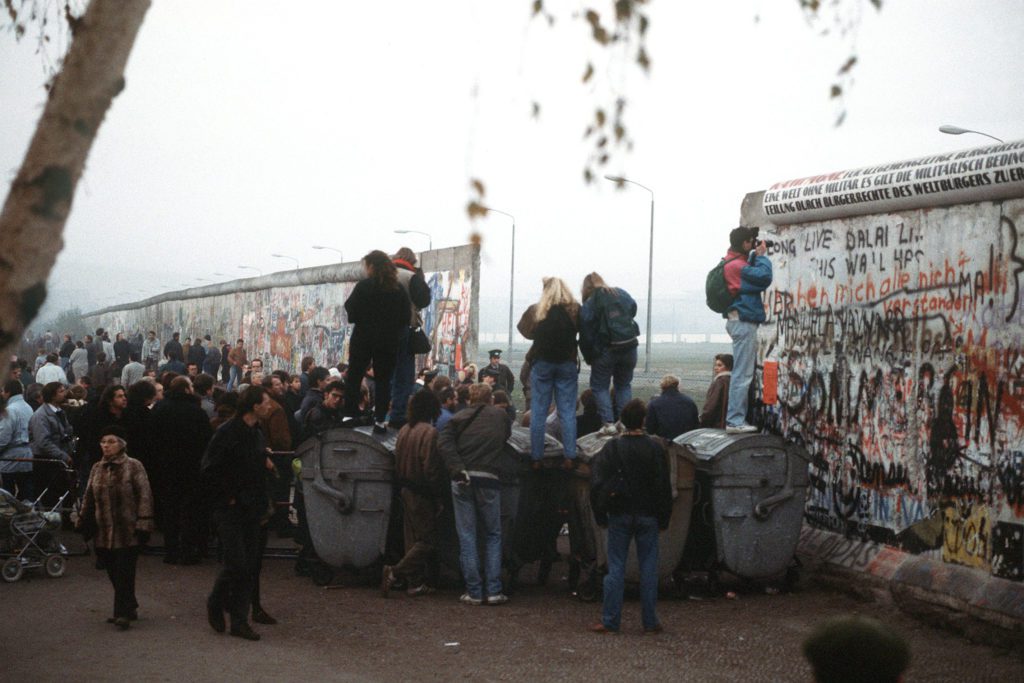CEFutures
The Real Tragedy of Central Europe
24 December 2019
Germany shares a long list of common challenges with Central Europe. How can they strengthen unity and cooperation? Below are recommendations from a German Bundestag member.
Central Europe is a key and integral part of the European continent. The civil liberties movements in Poland, Czechoslovakia and Hungary in 1989 accelerated the collapse of the totalitarian regimes in Central and Eastern Europe (CEE) and the unification of Germany and Europe. This confirms how closely connected we are. However, 30 years after the fall of the Iron Curtain, Western and Eastern Europe still feel disconnected.
For Germany, it is important not only to remember this historical reversal but also to advocate for deeper and more dynamic cooperation with our Central European neighbours.
 During delegation trips in the region, I often notice that Germany is expected to demonstrate more leadership when it comes to building bridges between the West and East. The Central European countries often complain about the perceived division of the old and new member states. The anniversary – 30 years after the fall of the Iron Curtain – is a great opportunity to get rid of the old Cold War stereotypes.
During delegation trips in the region, I often notice that Germany is expected to demonstrate more leadership when it comes to building bridges between the West and East. The Central European countries often complain about the perceived division of the old and new member states. The anniversary – 30 years after the fall of the Iron Curtain – is a great opportunity to get rid of the old Cold War stereotypes.